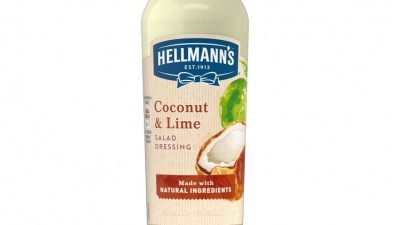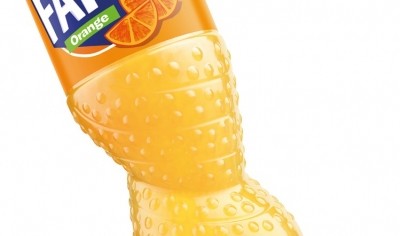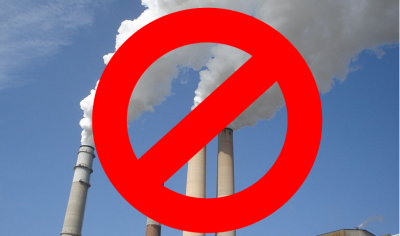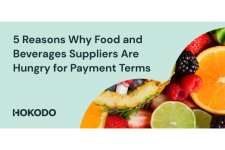Plastic packaging becomes a pariah
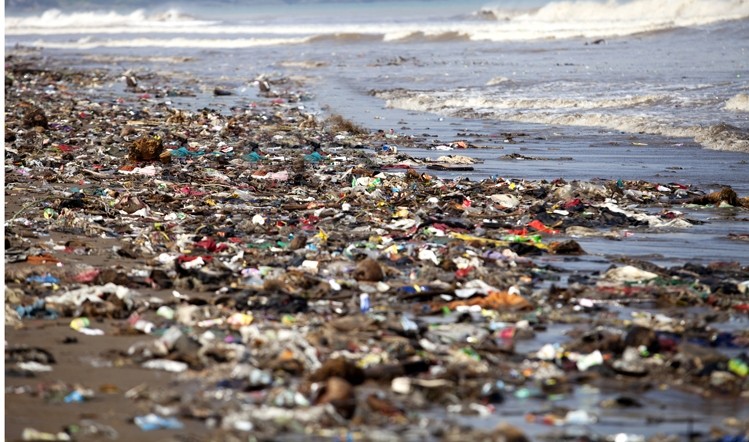
It has been prompted by the release of the government’s 25-year environmental plan last month, which had a big focus on reducing plastics. An investigation by The Guardian suggested that the leading UK supermarkets were producing more than 800,000t of plastic packaging waste a year.
Unilever committed to ensuring that all of its plastic packaging was fully reusable, recyclable or compostable by 2025.
Meat processor Cranswick has pledged to reduce its use of plastics by 50% by 2025 and to only use plastic that is recyclable. Meanwhile, supermarket Iceland is planning to remove plastic packaging from all own-label products within five years.
According to the Ellen MacArthur Foundation, just 14% of the plastic packaging used globally is recycled, while 40% ends up in landfill and a third in fragile ecosystems. By 2050, it is estimated there will be more plastic than fish in the world’s oceans.
Increase recycled plastic use
Unilever had already committed to reduce the weight of the packaging it uses this decade by one-third by 2020, and increase its use of recycled plastic content in its packaging to at least 25% by 2025 against a 2015 baseline.
“Our plastic packaging plays a critical role in making our products appealing, safe and enjoyable for our consumers,” said Unilever chief executive Paul Polman.
Yet, it is clear that if we want to continue to reap the benefits of this versatile material, we need to do much more as an industry to help ensure it is managed responsibly and efficiently post consumer-use.”
However, John Zealley, senior md for products growth and strategy at consultancy Accenture argued that more firms in the sector needed to step up to the plate on this issue. “The debate around plastics has put the retailers in the spotlight once again,” said Zealley.
“These organisations are likely the main point of consumer contact in reducing the environmental impact of plastic pollution.
‘Need to be a balance’
“And while there is a clear need to address the waste produced by bags and packaging for fresh and chilled products, this needs to be balanced with delivering goods fit for consumption and minimising food waste.”
The plastics packaging industry has long argued that its products help to reduce food waste by boosting shelf-life, through technologies such as the use of modified atmosphere packaging, and by protecting delicate products from physical damage.
Under the EU’s Plastic Strategy, which has a target of making all plastic packaging recyclable by 2030, there is increasing pressure on firms to use packaging that can be readily recycled – currently problematic for some materials and composites – or ones that are compostable or biodegradable.
As part of the EU’s Plastic Strategy, the European Commission (EC) plans to restrict the use of ‘oxo-degradable’ plastics, including carrier bags, across the EU because of concerns that they will not completely biodegrade within a reasonable timeframe.
It is feared they will contribute to dangerous microplastics released to the marine environment, while having a negative impact on the ability to recycle other plast
